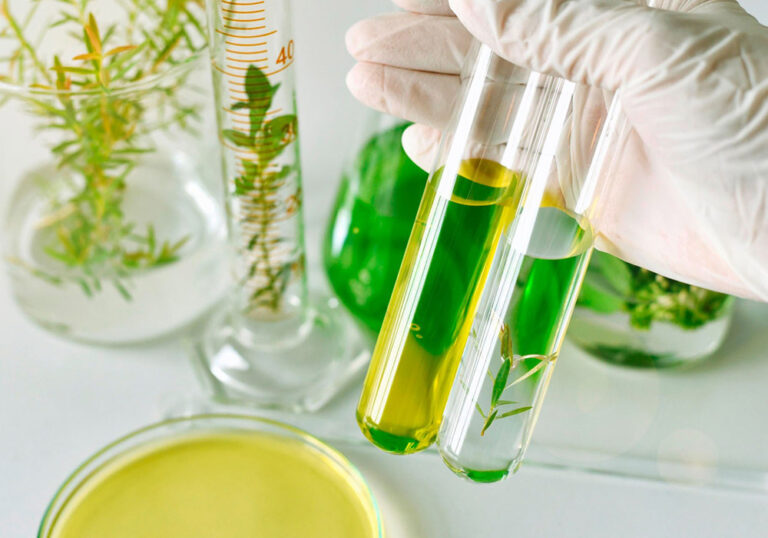Amid growing concerns about climate change and the environmental footprint of various industries, pharmaceutical companies are increasingly expanding their efforts to develop sustainable technologies within their supply chains. The primary goal of these initiatives is to reduce environmental footprints while improving the efficiency of production and distribution processes. This approach is not only vital for environmental protection but also enables companies to optimize resource management and achieve long-term economic savings.
One key strategy adopted by pharmaceutical companies, including “Blue Seven Skies,” is the utilization of sustainable and renewable raw materials. Chemical substances and biological compounds that have lower detrimental environmental effects have become a priority for manufacturers. For instance, plant-based materials and biotechnologies produced through environmentally friendly processes are increasingly employed in sustainable pharmaceutical production. These companies seek to reinforce their environmental commitments by sourcing raw materials from sustainable origins.
Energy management is another crucial factor in this direction. The use of renewable energy sources such as solar and wind power to supply electricity for manufacturing plants significantly contributes to reducing carbon footprints. Some pharmaceutical companies have even designed their facilities to incorporate energy recycling systems, minimizing overall energy consumption. “Blue Seven Skies” is actively working to implement these technologies in its production centers, aiming to reduce reliance on fossil fuels and enhance environmental sustainability.
Moreover, optimizing transportation and distribution processes plays a fundamental role in lowering greenhouse gas emissions. Sustainable pharmaceutical companies employ intelligent solutions such as electric vehicles and route optimization to decrease fuel consumption. The application of digital technologies for supply chain monitoring and management further helps these companies enhance the efficiency of their drug distribution. Such technologies enable precise control over procurement processes and prevent resource wastage.
Sustainability in the pharmaceutical industry extends beyond environmental conservation. Reducing material and energy consumption and streamlining processes can lead to lower production costs and generate new economic opportunities. Companies like “Blue Seven Skies” invest in innovative technologies not only to minimize harmful impacts but also to establish themselves as sustainable and responsible brands in international markets, thereby fostering greater trust and collaboration.
Global environmental commitments and increasingly stringent regulations compel pharmaceutical companies to provide more sustainable solutions. In developed countries, compliance with these standards is often a prerequisite for market entry. Consequently, companies adopting green technologies can more easily access new markets and secure expanded export opportunities.
Ultimately, the development of sustainable technologies in the pharmaceutical supply chain benefits not only the environment but also offers a valuable competitive advantage to pharmaceutical firms. “Blue Seven Skies” and other innovative companies, by focusing on sustainability and employing energy management and sustainable materials technologies, can expand their share in the global healthcare industry while positively impacting local and global communities. A future in which environmental health and human well-being advance hand in hand presents a promising outlook for the pharmaceutical sector.





